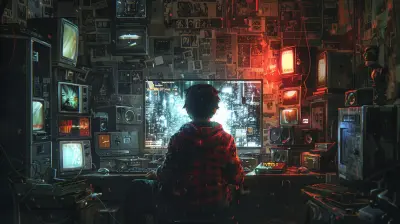Gender Representation in Games: Progress and Pitfalls
22 March 2025
Video games have evolved leaps and bounds over the past few decades. From simple pixelated characters to massive open-world experiences with intricate stories, gaming has come a long way. But alongside the technological advancements, one of the most polarizing topics in the gaming industry has been gender representation.
Are we doing enough? That’s the golden question. While there’s undoubtedly been progress in portraying diverse and authentic characters, there’s still a long way to go. So, let’s dive headfirst into this discussion, celebrating the wins and addressing the challenges of gender representation in video games. 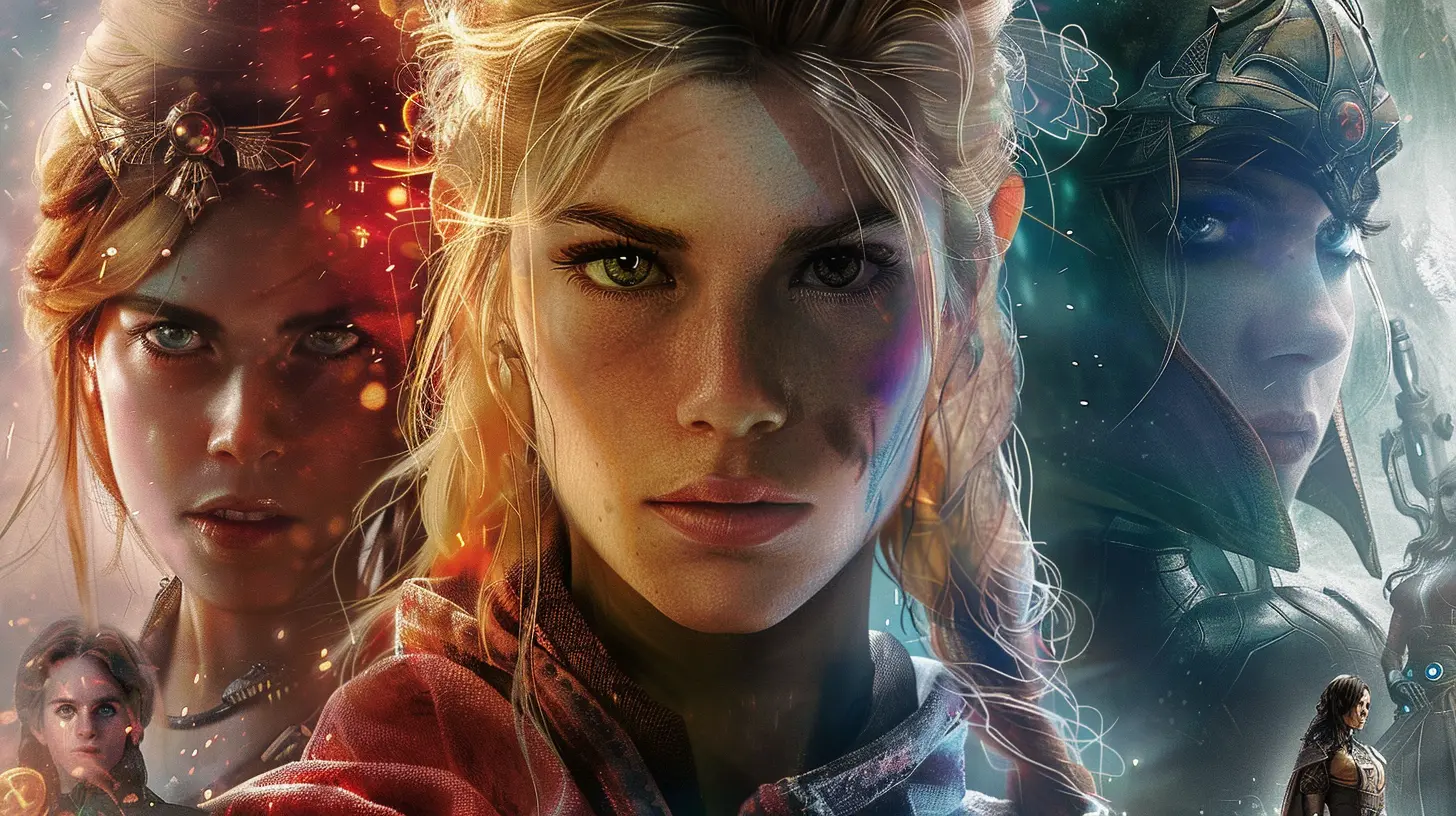
The Evolution of Gender Representation in Games
To understand where we are today, we’ve got to take a quick rewind. Back in the 1980s and 1990s, gender representation in games was, let’s be real, pretty stereotypical. Male characters were often the heroes, saving the world (and usually a damsel in distress), while female characters were relegated to side roles or victimized stereotypes.Take Princess Peach from the Mario series or Zelda from The Legend of Zelda. Don’t get me wrong—these characters are iconic, but for the longest time, their roles were limited to being the prize at the end of an adventurer’s journey. They were passive, waiting for the male hero to swoop in and save the day.
Fast forward to the 2000s and beyond, and we started seeing shifts. Strong female protagonists like Lara Croft (Tomb Raider) and Samus Aran (Metroid) began taking center stage. However, even these groundbreaking characters weren’t free from criticism—like Lara’s early overly-sexualized design.
But hey, progress is progress, right? 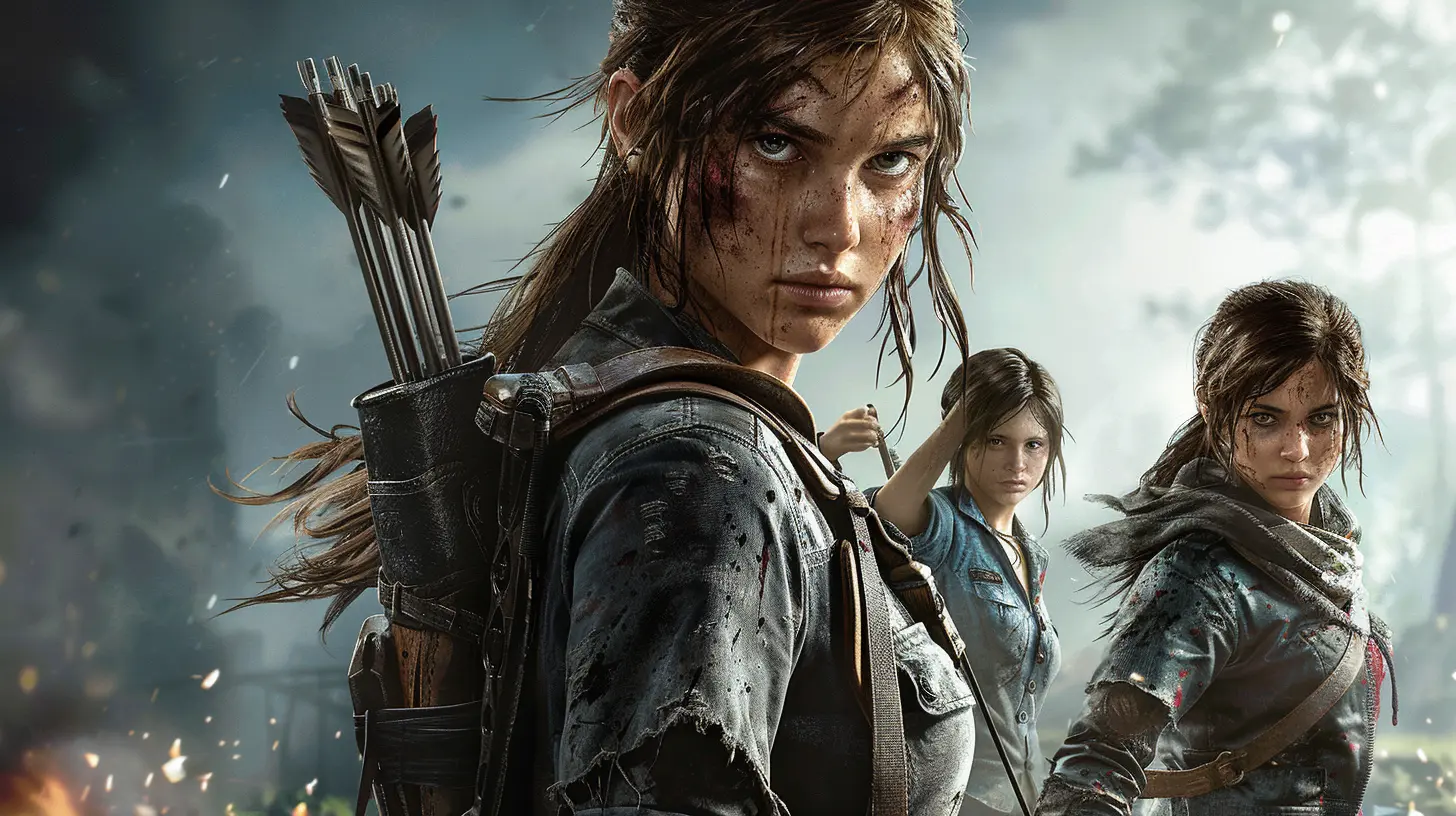
A New Era of Representation (With Its Own Challenges)
Today, gaming companies are more aware of how they’re portraying gender in their games. We’re seeing layered, complex characters—regardless of gender—who are more than just clichés or eye candy.Take Ellie from The Last of Us. She’s a fierce and flawed character with her own agency, not defined by her relationship to others. Or Aloy from Horizon Zero Dawn, a self-reliant protagonist navigating a post-apocalyptic world. These characters are not only well-written but also unapologetically themselves.
But representation isn’t just about adding more female characters and calling it a day. It’s about diversity within diversity. Women in games shouldn’t all fit into one mold—they can be warriors, scientists, moms, villains, or anything in between.
That said, the industry isn’t all sunshine and rainbows. There are still pitfalls, and let’s talk about those because burying our heads in the sand won’t solve anything. 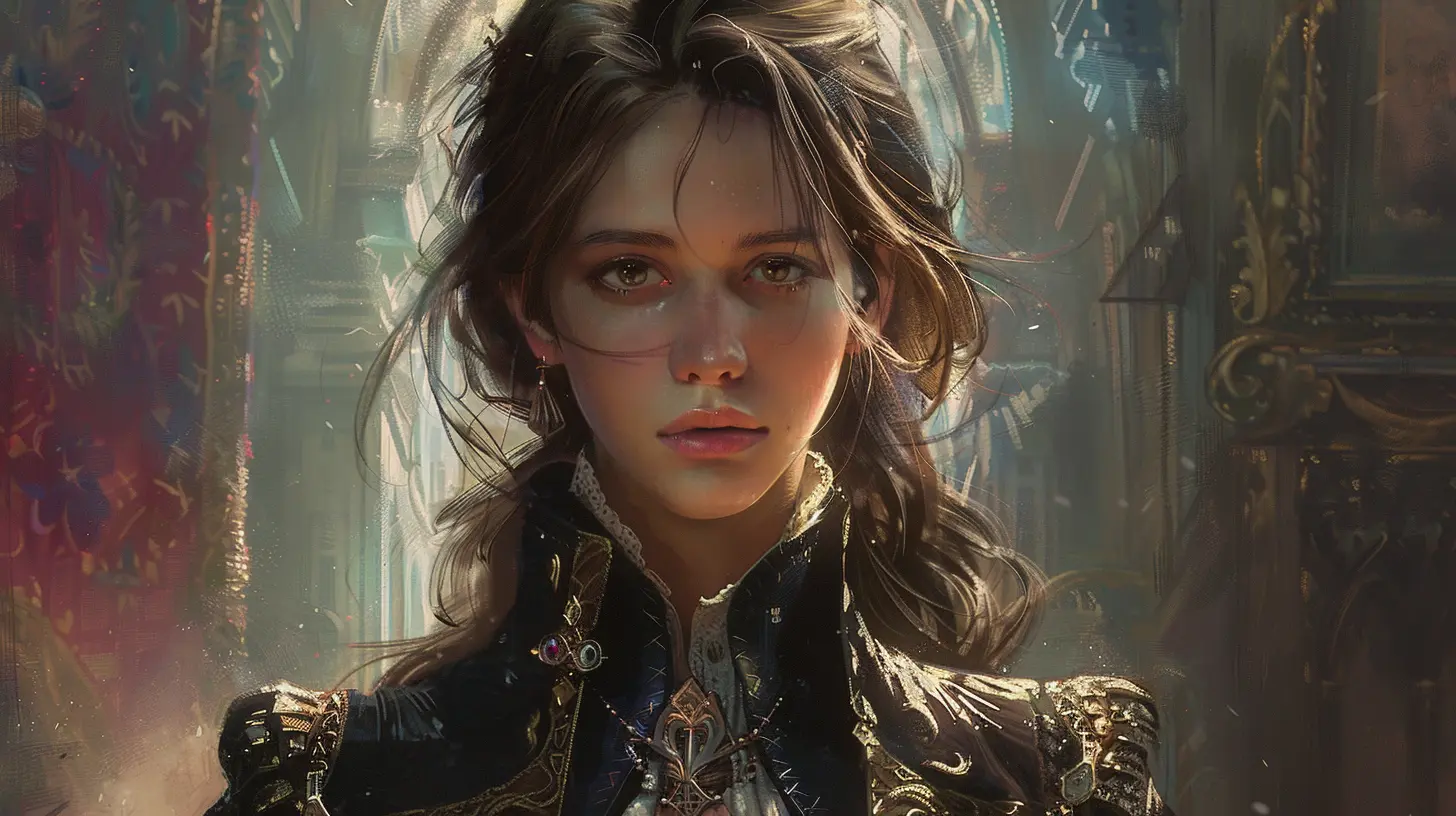
The Pitfalls: Stereotypes and Tokenism
Even in 2023, certain stereotypes still rear their ugly heads. For example, how often do we see hyper-masculine male characters and overly-sexualized female characters? While this might have worked in the 90s, today’s gamers expect more nuance and relatability.And let’s not forget tokenism—where a game includes a diverse character, but it’s obvious that their inclusion was more of a checkbox exercise rather than a meaningful addition to the story.
A classic example? The "strong female character" trope. At first glance, it seems empowering, but it often lacks depth. These characters are sometimes written as “flawless” or “indestructible,” leaving them feeling one-dimensional. Real people are messy and complicated—our characters in games should be too. 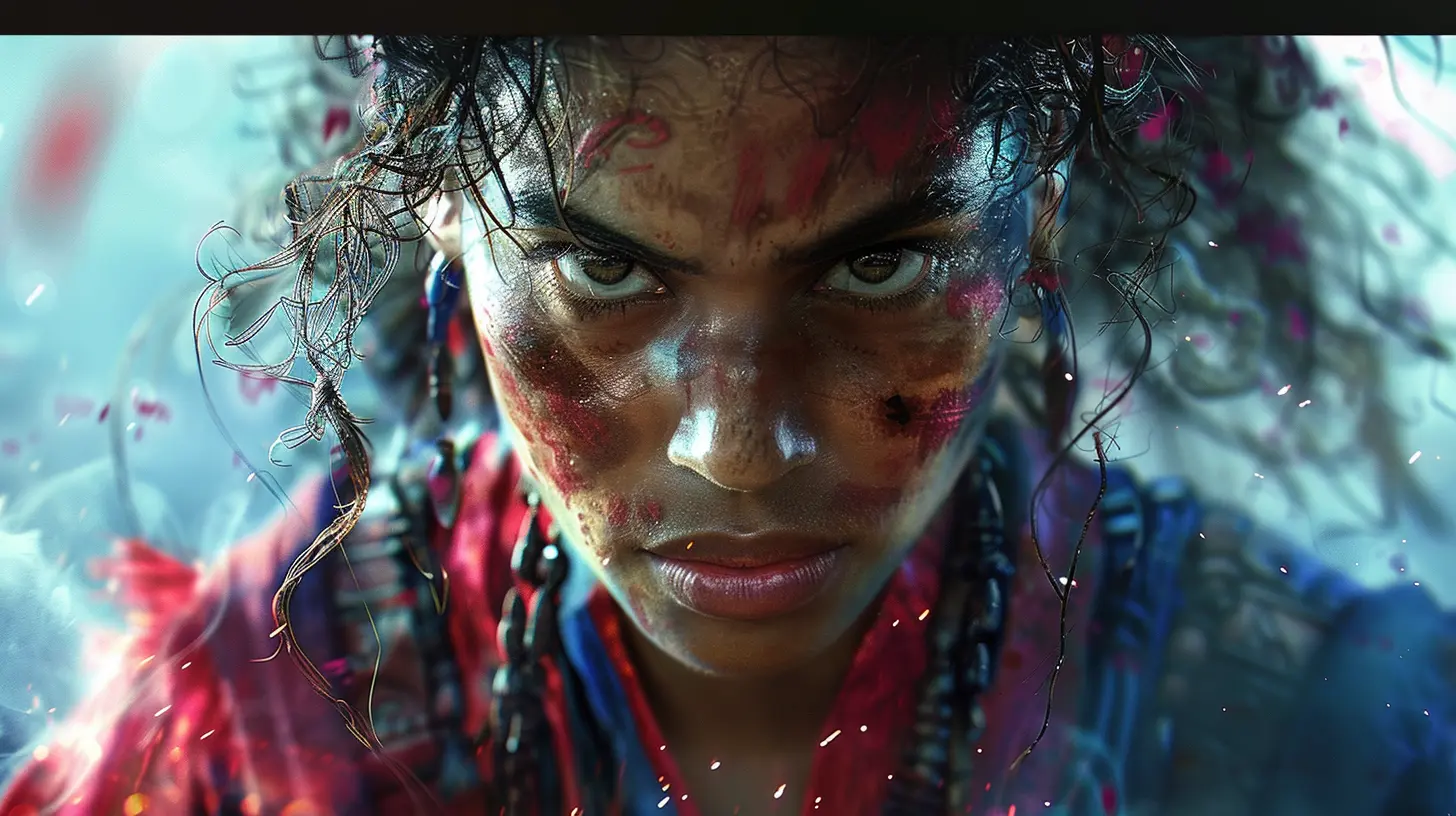
LGBTQ+ Representation: The Next Frontier
Beyond male and female representation, there’s also the growing need for more authentic LGBTQ+ representation. In recent years, we’ve seen steps in the right direction.Titles like The Last of Us Part II introduced players to Ellie’s relationship with Dina, which was treated as a natural part of the story rather than a gimmick. Meanwhile, in Mass Effect, players have the freedom to create and explore diverse romantic relationships, regardless of gender identity or orientation.
However, there’s still room for improvement. LGBTQ+ characters are often underrepresented, or worse, reduced to stereotypes. Gaming is a universal medium—one that has the power to reflect all kinds of identities and experiences. So, why not embrace that fully?
Why Representation Matters
Now, you might be wondering, “Why does this even matter? It’s just a game!” But hear me out—representation in games goes beyond what we see on the screen. It has the power to shape perspectives, challenge prejudices, and foster empathy.For younger players especially, seeing themselves represented positively in games can be incredibly empowering. It sends a message that says, “You matter. You belong. You’re just as important as anyone else.”
It’s similar to how we celebrate diversity in movies or books. Games are a storytelling medium, and stories have the power to connect us. When we see authentic and diverse characters, we feel seen—and that’s a big freakin’ deal.
The Role of Developers and Gamers
So, how do we keep moving forward? It’s not just about what developers do; it’s also about us, the players.Developers Need to Listen
Game studios need to continue listening to feedback from their diverse player base. When players point out problematic tropes or ask for better representation, developers should see this as a learning opportunity, not a threat.They also need to bring more diverse voices into the creation process. A room full of people who all look and think the same is unlikely to produce truly inclusive games.
Gamers Need to Speak Up
And as gamers, we have to keep advocating for better representation. Whether it’s supporting games that do it right or calling out those that don’t, our voices matter. And let’s be real—money talks. By buying games that prioritize inclusivity, we’re sending a message that this is what we want to see.A Hopeful Future
The conversation around gender representation in games has come a long way, but it’s far from over. It’s like climbing a mountain—you can celebrate how far you’ve come while acknowledging there’s still a challenging path ahead.The good news? We, as a community, are talking about it. And that’s where real change begins. Hopefully, in the coming years, we’ll see even more diverse and nuanced portrayals across the board.
Because at the end of the day, games aren’t just about pixels and polygons—they’re about people. And the more people who feel genuinely represented, the richer the gaming world becomes.
all images in this post were generated using AI tools
Category:
Gaming CultureAuthor:

Tayla Warner
Discussion
rate this article
6 comments
Finnegan McVey
This article effectively highlights the strides in gender representation within gaming while also addressing the persistent challenges. It’s crucial to continue advocating for nuanced portrayals and diverse narratives that reflect the complexity of gender identities.
April 22, 2025 at 2:49 AM

Tayla Warner
Thank you for your insightful comment! I completely agree that advocating for diverse narratives and nuanced portrayals is essential for advancing gender representation in gaming.
Fleur McEachern
Innovation thrives when diverse voices shape gaming narratives and experiences.
April 4, 2025 at 4:35 PM

Tayla Warner
Absolutely! Diverse voices enrich storytelling and create more inclusive gaming experiences, driving innovation in the industry.
Kristina McGehee
This article insightfuly explores the evolution of gender representation in gaming, highlighting notable advancements and persistent challenges, emphasizing the need for continued advocacy for diverse and authentic character portrayals.
March 30, 2025 at 3:33 PM

Tayla Warner
Thank you for your thoughtful comment! I'm glad you found the article insightful and relevant to the ongoing conversation about gender representation in gaming. Your support for continued advocacy is vital for fostering diverse narratives in the industry.
Lola McAllister
What a thoughtful exploration of gender representation in games! It's encouraging to see progress, but it's crucial to acknowledge the ongoing challenges. Together, we can support more inclusive narratives and diverse characters, enriching the gaming experience for everyone. Thank you for highlighting this important topic!
March 29, 2025 at 6:11 PM

Tayla Warner
Thank you for your thoughtful response! I'm glad you found the exploration meaningful. Together, we can continue pushing for inclusivity in gaming narratives.
Dax Gray
Great insights! It's encouraging to see the progress in gender representation in games, though challenges remain. Let's continue supporting diverse voices and stories in gaming. Keep it up!
March 25, 2025 at 3:36 AM

Tayla Warner
Thank you! I appreciate your support and commitment to promoting diversity in gaming. Together, we can drive meaningful change!
Zaid Adkins
This article effectively highlights the strides made in gender representation in gaming while also candidly addressing the ongoing challenges. It’s essential to recognize both the progress and the limitations to foster a more inclusive industry. The conversation must continue for genuine change.
March 22, 2025 at 4:28 AM

Tayla Warner
Thank you for your insightful comment! I completely agree that acknowledging both progress and challenges is crucial for advancing inclusivity in the gaming industry. Let's keep the conversation going!



